Category: finance – Page 135
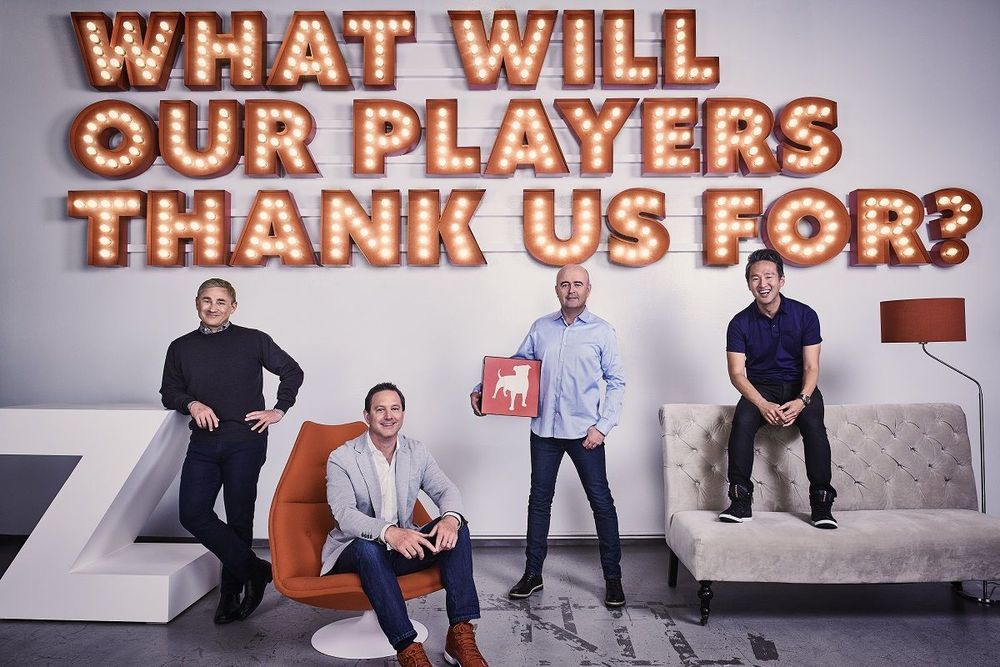
Concord Posts Record Growth and Introduces New Pricing Model
Concord, the fastest-growing contract management platform company, today announced accelerated market adoption of its cloud-based contract management platform and 2.5x revenue growth over the last 12 months. There are now 260,000 companies on the Concord Software as a Service (SaaS) platform. The Concord SaaS platform drives horizontal adoption by providing all key stakeholders collaborative access to the contract drafting, negotiation, signing and renewal processes within a single cloud-based platform.
Concord also announced a new pricing model. Unlike other contract management solutions that charge per seat regardless of usage, Concord pricing reflects the actual functionality needed by different stakeholders. Pricing is now based on Creator, Collaborator and Viewer usage options. For example, legal teams need Creator usage comprising full platform functionality including contract creation, editing and negotiation rights. Procurement, HR and sales teams typically only require Collaborator rights such as contract requests and the ability to select from previously approved form fields. Finance teams often only need Viewer rights to have visibility to track contract status, time to revenue and renewals. DevOps teams simply need API access to connect and integrate with other enterprise tools. By pricing and providing access according to need, the Concord platform is seamless and economical to adopt throughout an organization.
The cross-functional and external stakeholder proliferation capability is unique to Concord and a key factor to Concord’s platform adoption dramatically outpacing that of its competitors. For example, 64 new customers from vertical industries including e-commerce, logistics and healthcare have joined the Concord platform in the past two quarters. The horizontal approach Concord takes to the contracting process creates a powerful network effect which has resulted in 60,000 new users to the platform in the past two quarters.
An Interview with Jose Cordeiro
Jose Cordeiro is promoting the development of rejuvenation biotechnologies in Spain and the integration of Latin American immigrants into Spain’s aging society to maintain the country’s productivity. He was at the recent Undoing aging conference in Berlin and gave us an interview about his political goals.
At Undoing Aging 2019, jointly organized by SENS Research Foundation and Forever Healthy Foundation, there was a session focused on the ways to make healthy life extension and medical progress a greater part of the global agenda. Among the speakers there was Jose Cordeiro, the vice chair of Humanity Plus, director of The Millennium Project, fellow of the World Academy of Art and Science, and board member of the Lifeboat Foundation.
Jose earned his Bachelor’s and Master’s degrees in Mechanical Engineering at the Massachusetts Institute of Technology (MIT) in Cambridge, Massachusetts. His thesis was focused on the modeling of the International Space Station. Jose has also studied International Economics and Comparative Politics at Georgetown University in Washington, D.C., and received his MBA in France at INSEAD, where he focused on Finance and Globalization.
Last year, Jose decided to begin his political activities in order to foster the development of rejuvenation biotechnologies in Spain and to work on the integration of Latin American immigrants into Spain’s aging society and thus maintain the country’s productivity. He kindly agreed to give me an interview to discuss more about his ambitious initiative.

SpaceFund Venture Capital
SpaceFund is a new type of venture capital firm, providing near-term liquidity through security tokens and informed investing in a diversified portfolio of space companies.
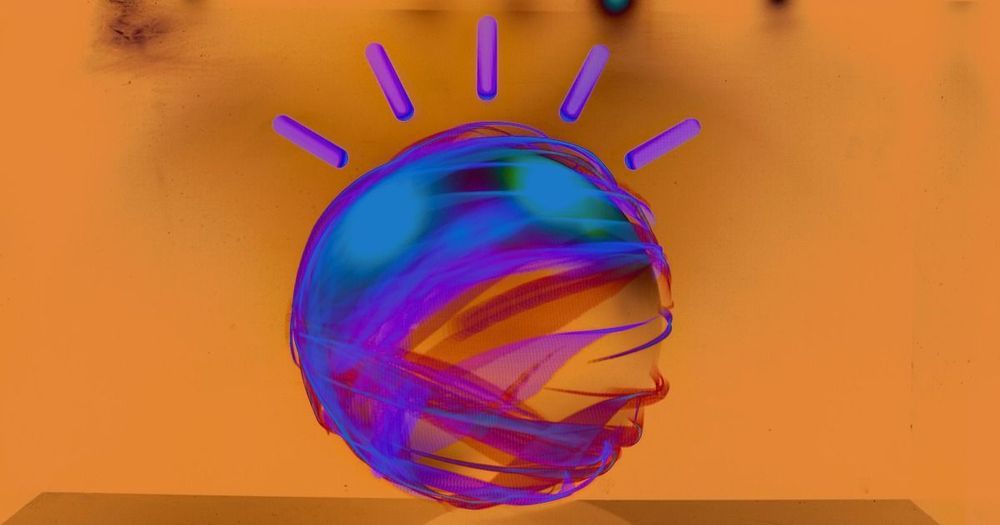

The discrete-time physics hiding inside our continuous-time world
Scientists believe that time is continuous, not discrete—roughly speaking, they believe that it does not progress in “chunks,” but rather “flows,” smoothly and continuously. So they often model the dynamics of physical systems as continuous-time “Markov processes,” named after mathematician Andrey Markov. Indeed, scientists have used these processes to investigate a range of real-world processes from folding proteins, to evolving ecosystems, to shifting financial markets, with astonishing success.
However, invariably a scientist can only observe the state of a system at discrete times, separated by some gap, rather than continually. For example, a stock market analyst might repeatedly observe how the state of the market at the beginning of one day is related to the state of the market at the beginning of the next day, building up a conditional probability distribution of what the state of the second day is given the state at the first day.
In a pair of papers, one appearing in this week’s Nature Communications and one appearing recently in the New Journal of Physics, physicists at the Santa Fe Institute and MIT have shown that in order for such two–time dynamics over a set of “visible states” to arise from a continuous-time Markov process, that Markov process must actually unfold over a larger space, one that includes hidden states in addition to the visible ones. They further prove that the evolution between such a pair of times must proceed in a finite number of “hidden timesteps”, subdividing the interval between those two times. (Strictly speaking, this proof holds whenever that evolution from the earlier time to the later time is noise-free—see paper for technical details.)
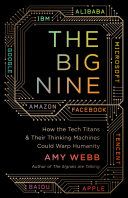
The Big Nine: How the Tech Titans and Their Thinking Machines Could Warp Humanity
New book calls Google, Facebook, Amazon, and six more tech giants “the new gods of A.I.” who are “short-changing our futures to reap immediate financial gain”.
A call-to-arms about the broken nature of artificial intelligence, and the powerful corporations that are turning the human-machine relationship on its head.
We like to think that we are in control of the future of “artificial” intelligence. The reality, though, is that we—the everyday people whose data powers AI—aren’t actually in control of anything. When, for example, we speak with Alexa, we contribute that data to a system we can’t see and have no input into—one largely free from regulation or oversight. The big nine corporations—Amazon, Google, Facebook, Tencent, Baidu, Alibaba, Microsoft, IBM and Apple—are the new gods of AI and are short-changing our futures to reap immediate financial gain.
In this book, Amy Webb reveals the pervasive, invisible ways in which the foundations of AI—the people working on the system, their motivations, the technology itself—is broken. Within our lifetimes, AI will, by design, begin to behave unpredictably, thinking and acting in ways which defy human logic. The big nine corporations may be inadvertently building and enabling vast arrays of intelligent systems that don’t share our motivations, desires, or hopes for the future of humanity.
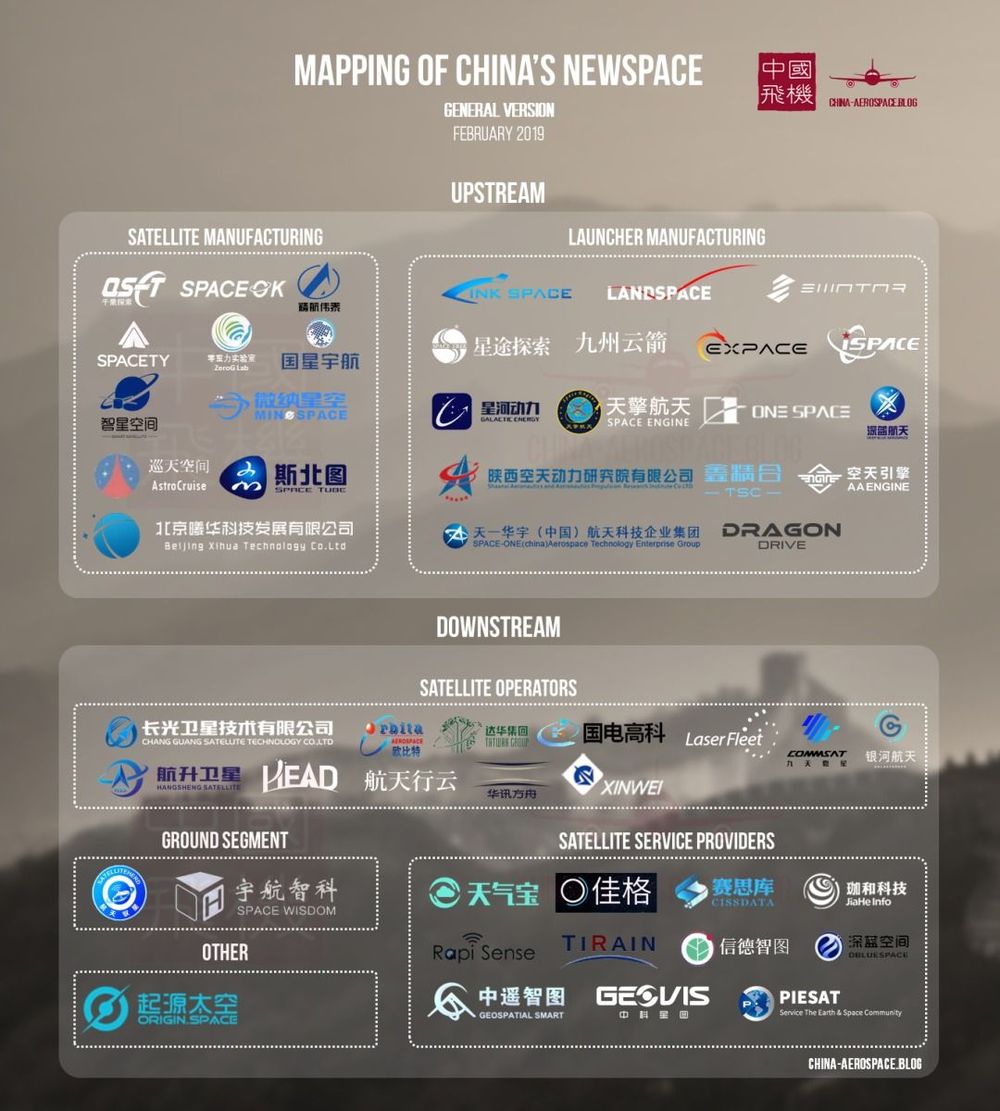
China’s NewSpace: Mapping of its 60+ Start-ups
Chinese space has been a very hot topic in recent years. Other than the impressive space exploration missions (Tiangong, Chang’e…), the interest for China is also due to the recent opening up of this industry to private investments, which has led to a leap in the number of space start-ups. These start-ups, supported by venture capital heavy-weights are covering the entire space industrial chain: launchers, satellite platforms, satellite subsystems, satellite services, ground segment, etc.
The number of space start-ups on the other hand, is a debated question. Chen Lan estimated in November 2018 that there were over 100 Chinese space start-ups [1]. FutureAerospace, a Beijing-based think-tank, sets the number at around 60, at the same period [2]. Other space watchers have suggested 80 such as in [3]. However, how this count is made is rarely detailed (how do we define a “NewSpace company”?), and very few lists are available at the time of writing, if any. Up to now, only Disrupt Space, a start-up which plans to build a global space entrepreneurial community, has undertaken the establishment of a list, which sets the count at 35 Chinese space start-ups (see map below).
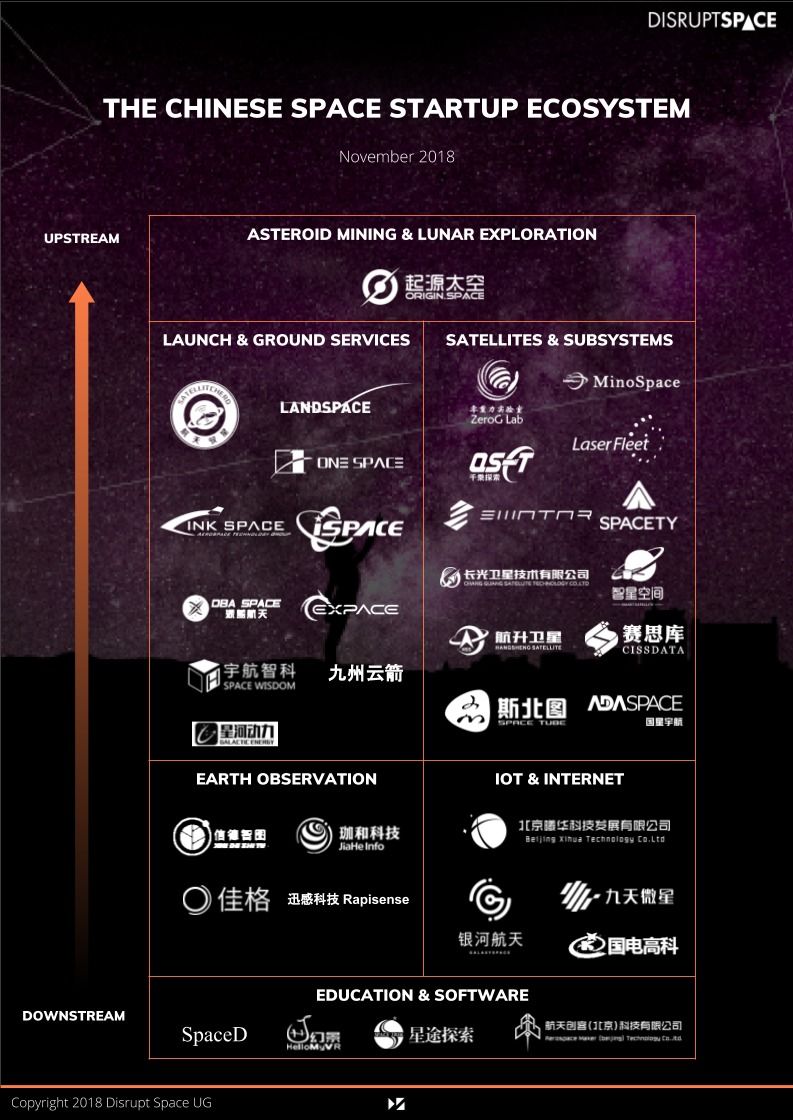
Fig. 1 – Disrupt Space’s Chinese Space Start-up Mapping in November 2018 [4]

[Not Surprisingly], a U.S. Bank Bans Customers From Buying Bitcoin
Regions Financial Corporation has barred its customers from purchasing cryptocurrencies such as bitcoin.
The US-based bank and financial service clarified in its 2018 bank deposit agreement that it reserved the right to “return or decline to pay” for items related to “decentralized, non-fiat virtual currencies, cryptocurrency or another digital currency or money that relies on distributed ledger or blockchain.”
2018 Regions Bank Deposit Agreement pic.twitter.com/mDtEr5T1ep